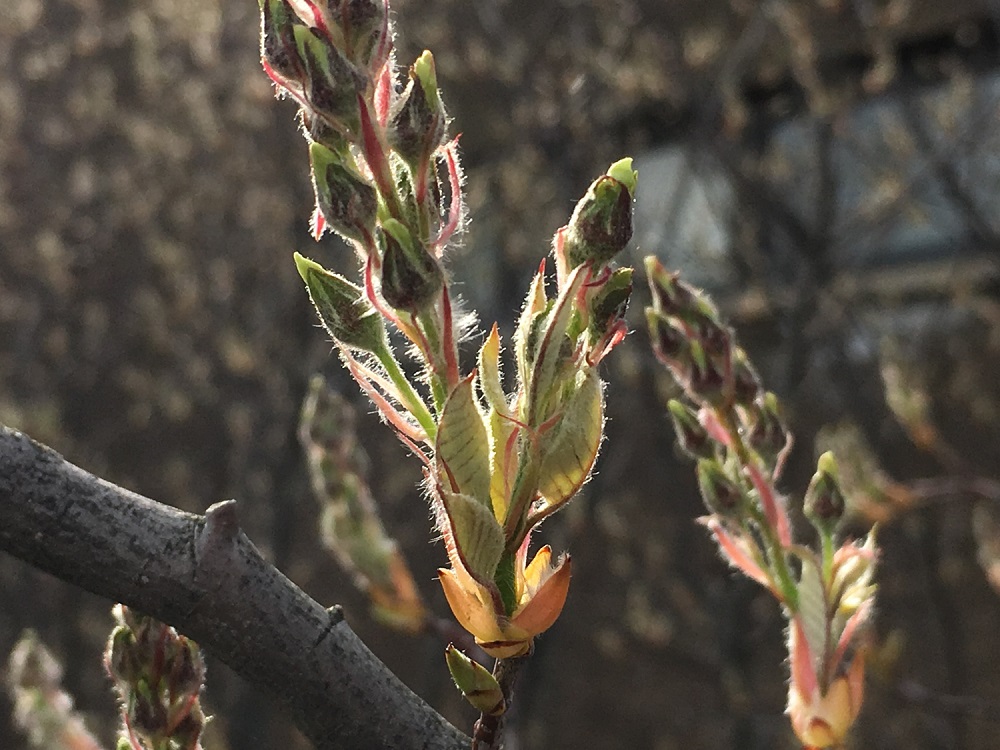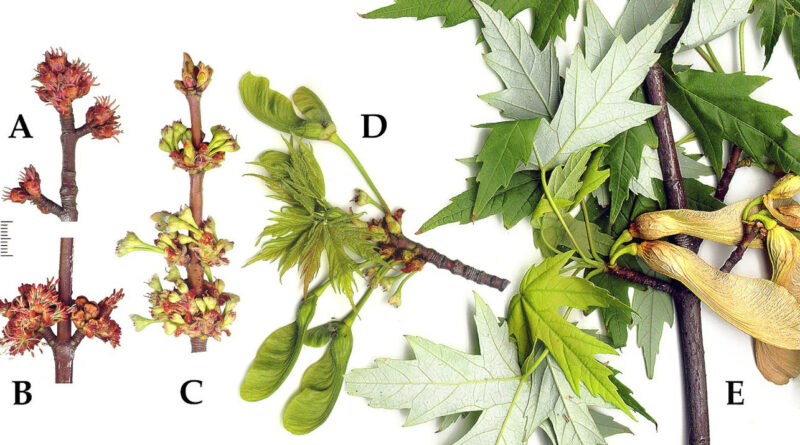Phenology Is a Key Component of Life on Earth
Podcast: Play in new window | Download (Duration: 2:00:23 — 57.0MB)
Subscribe: Apple Podcasts | Spotify | Android | iHeartRadio | Podchaser | Email | TuneIn | RSS | More
(March 13, 2022) I stole that headline. It comes from the USA National Phenology Network (USA-NPN) website. Want to know how I can tell that phenology is not a common word? Every time I write it, I get a squiggly red line under the word. Phenology deserves more respect. After all, “Phenology is nature’s calendar—when cherry trees bloom, when a robin builds its nest and when leaves turn color in the fall.” (I didn’t steal that line because I used quotation marks.)
Why is that important?
Spring is beginning sooner in the United States, with 97 percent of 242 locations across the country experiencing temperature increases since 1970, according to a new analysis from Climate Central.
Some of the practical applications of phenology include

- Management of invasive species and forest pests
- Predictions of human health-related events, such as allergies and mosquito season
- Optimization of when to plant, fertilize, and harvest crops
- Understanding the timing of ecosystem processes, such as carbon cycling
- Assessment of the vulnerability of species, populations, and ecological communities to ongoing climate change
In other words, phenology a big deal. And you can help. Citizen scientists can join regional Nature’s Notebook campaigns to help researchers gather information. You might track harmful pests or nectar sources for pollinators or simply focus on oaks. If you have an interest, there’s probably a project for you. In the Chicago area, USA-NPN works with The Morton Arboretum, the Chicago Botanic Garden through Budburst, and on the 606 Trail in the City.
In fact, today we welcome citizen scientist Jean Linsner, who will tell us about the 606 project called Citizen Sentinal. Alyssa Rosemartin, Partner & Application Specialist for USA-NPN, leads our conversation about phenology.
Welcome to Fruition!
Earlier, I stole a headline. Now I’m stealing a sub-heading. This comes from the Fruition Seeds website. But I’m sure Petra Page-Mann won’t mind. She’s one of the founders of the company. And she joins us once again to talk about their organic seed varieties. They have more than 45 new varieties for 2022. Meanwhile, their library of growing guides continues to expand. As they explain,
Fruition is a small family farm, a team of 12 humxns cultivating over 300 varieties of certified organic vegetables, herbs & flowers to surround us all with beauty & abundance in short seasons. In the heart of the Finger Lakes of western New York, unceded Haudaunee Seneca lands, Fruition shares the seeds as well as the tools, inspiration & insight for growing ourselves as well as our gardens.
Now, Chicago doesn’t exactly have a short growing season. But it’s not that long, either. I’ll ask Petra today about what kinds of plants she would choose for our area. By the way, it was our buddy Skeet from sponsor Bartlett Tree Experts who suggested we book her on the show again. Just sayin’.
Some environmental news
Once again, it’s time for news about the state of the planet. We might get to these on the show. We might not. Read them anyway.
Loyola University Chicago Climate Change Conference: The Intersection of Climate Change, Human Health, and Justice – March 14 – 18, 2022
Omnibus Budget Ignores Climate Emergency, Extinction Crisis – Center for Biological Diversity
Fears for bees as US set to extend use of toxic pesticides that paralyse insects – The Guardian
Whatever His Motives, Putin’s War in Ukraine Is Fueled by Oil and Gas – Inside Climate News
Why Methane Is a Large and Underestimated Threat to Climate Goals – Yale Environment 360
Invasive species now called spongy moth – Great Lakes Echo
No, you don’t need to worry about joro spiders. They may even be helpful in some ways – NPR
At the Bottom of an Icy Sea, One of History’s Great Wrecks Is Found – New York Times

